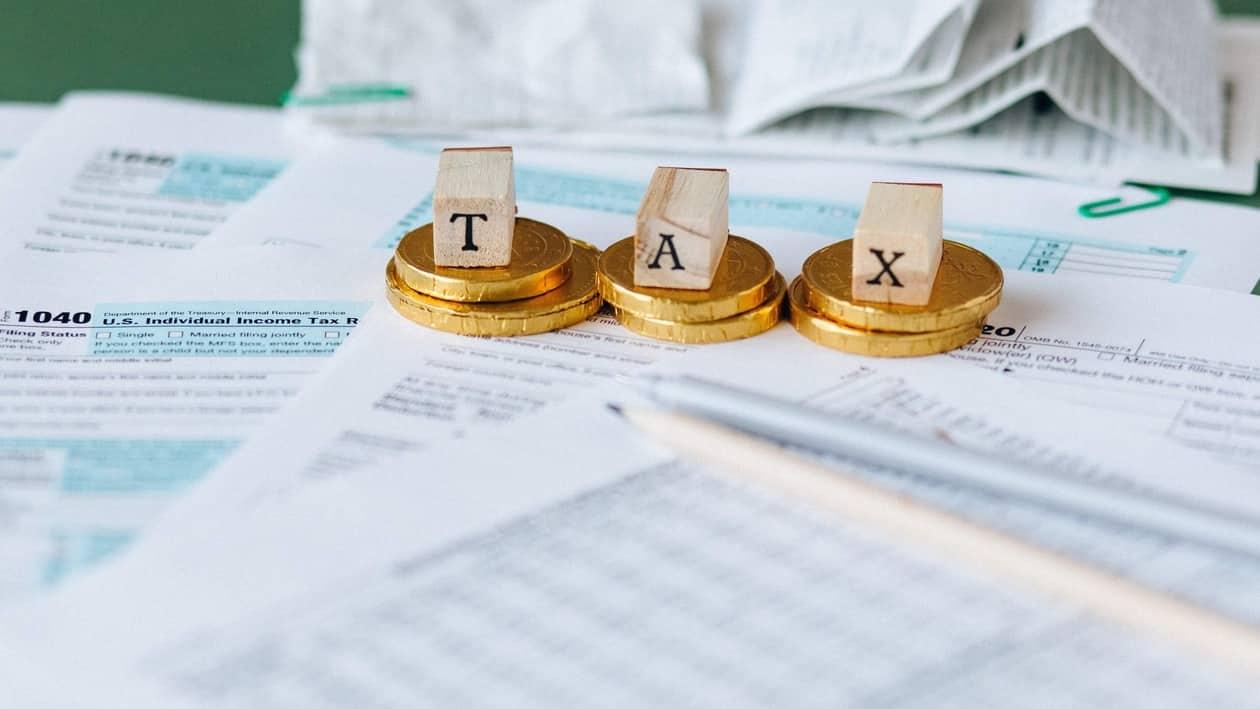Taxation is an important aspect of life in any country. It is the key to raising funds for the country’s infrastructure and development, as well as providing citizens with the financial support they need to survive.
In India, taxation plays a major role in the nation’s economy, and it has recently undergone some major changes. The central government announced a new tax regime that offers citizens additional exemptions and relief on income taxes. This move was welcomed by many, as it reduced their income tax burden and provided them with more money to invest and save.
However, the effects of this new tax regime on Non-Resident Indians (NRIs) remain largely unknown. NRIs are not always considered when tax reforms are passed and their tax liabilities often go unnoticed.
In this article, we will discuss the tax liability of NRIs and whether or not they are eligible to claim a rebate under the new tax regime.
What is the tax liability of NRIs?
NRIs are not liable to pay taxes on their foreign income which is not received in India or deemed to accrue or arise in India. However, if an NRI has earned a salary for services rendered in India, then it shall be taxable in India.
The tax slabs for NRIs remain the same as those for resident Indians. As per the 2023 Budget, NRIs and residents alike are not required to file income tax returns if their total income for the year is below the basic exemption limit of Rs. 3,00,000.
Under the new tax regime, income up to Rs. 3,00,000 is exempted from income tax. Additionally, there is a rebate of up to Rs. 7,00,000, meaning those earning this amount need not pay any income tax. This increase in basic exemption is available to all including NRIs if they choose to opt for the new tax regime.
Are NRIs eligible for a tax rebate?
Tax Rebate is a refund given to taxpayers whose taxes paid exceed their liability. For example, if a taxpayer’s tax liability amounts to Rs. 30,000, but the government pays taxes amounting to Rs. 40,000 on his/her behalf, then he/she qualifies for a rebate or refund for the excess.
Unfortunately, the rebate on full tax for income up to Rs. 7,00,000 is only applicable to residents, and NRIs will not be able to claim this rebate. Therefore, if an NRI’s total gross income exceeds Rs. 300,000, then he/she has to pay taxes in India.
Moreover, if their income in India through capital gains from investments in shares, mutual funds, property rental, and term deposits exceed the basic exemption limit as defined in the income tax act, then he/she would have to file a tax return.
In conclusion, NRIs can avail the new tax regime and benefit from the increased basic exemption of Rs. 3,00,000. However, they cannot avail the rebate on full tax for income up to Rs. 7,00,000, which only applies to residents. Therefore, NRIs should be aware of their total gross income and make sure to pay taxes in India if it exceeds the specified exemption limit.
